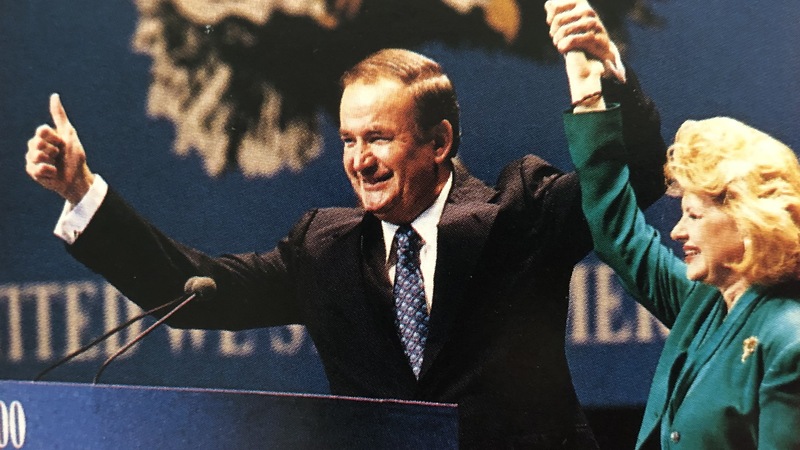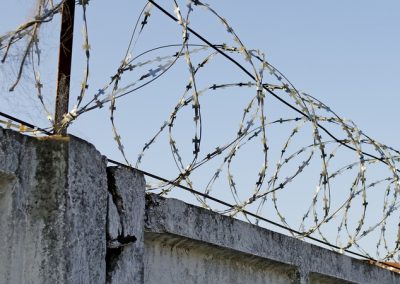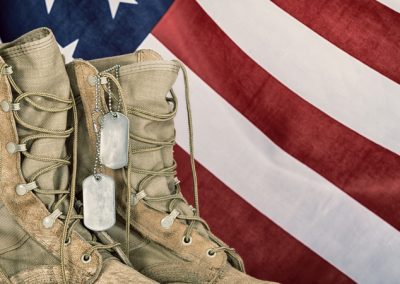As in Vietnam from 1965 to 1973, the year our prisoners of war came home, America did not lose a major battle in Afghanistan.
Yet we did not win the war. South Vietnam was lost.
………………………………..
As the 20th anniversary of 9/11 impends, and with it our final exit from the Afghan war, the Taliban are overrunning districts at will, and Afghan troops are avoiding battle in what many see as a lost cause.
Monday, 1,000 Afghan soldiers fled into Tajikistan rather than face advancing Taliban forces.
Why did we not succeed? And what does our failure there portend?
We failed, first, because our initial mission, once accomplished, was altered and enlarged to where it became unattainable.
We went into Afghanistan in 2001 to deliver retribution to the al-Qaida terrorists of Osama bin Laden who perpetrated the 9/11 massacre and to overthrow the Taliban regime that had provided them sanctuary.
This we could and did do. We succeeded.
……………………………….
But by June 2003, Bush and his neocon advisers had expanded their horizons. A global crusade for democracy was now the great new mission. We were going to remake the country. We were going to build a new nation, along Western lines, out of a fundamentalist Muslim country in Central Asia with a long and proud history of fighting and expelling foreign invaders.
Some knew this and said so. For, in the eight years of the Reagan era, with our military aid funneled through Pakistan, Afghan mujahideen had driven out the mighty Soviet Union that had invaded in 1979.
By 2003, we had moved on to Iraq, where we had stormed in and ousted Saddam Hussein. Brutal dictator though he was, Saddam had not attacked us, did not want war with us, and had offered to bring inspectors in to roam around his country to prove he did not have the weapons of mass destruction we said he was planning to use against us.
We were also going to remake Iraq into a model democracy, this one in the heart of the Arab world.
What was clear in a few years was that the U.S. military could knock over hostile regimes and rout their regular armed forces. But we could not eradicate a resistance that had time on its side, plus tradition, tribalism, nationalism and an abiding faith that martyrdom and paradise awaited those who died in the cause.
As Napoleon said, “In war, the moral is to the physical as ten to one.”
The Taliban were willing to fight as long as necessary to expel us and topple the regime we had helped to impose in their place. But we were growing increasingly reluctant to invest the blood and treasure for as long as necessary to impose our will upon what is, after all, their country, not ours.
Truth be told, Afghanistan was never a vital interest of the United States but has always been the most priceless possession of the Afghan people. But how the Pashtun, Tajik, Uzbek, and Hazara of Afghanistan rule themselves, 8,000 miles away, is not our business.
There never was a vital US interest in Afghanistan worth a war of the cost in blood, treasure and time that we have just fought.
This article was originally featured at Antiwar.com and is republished with permission.





